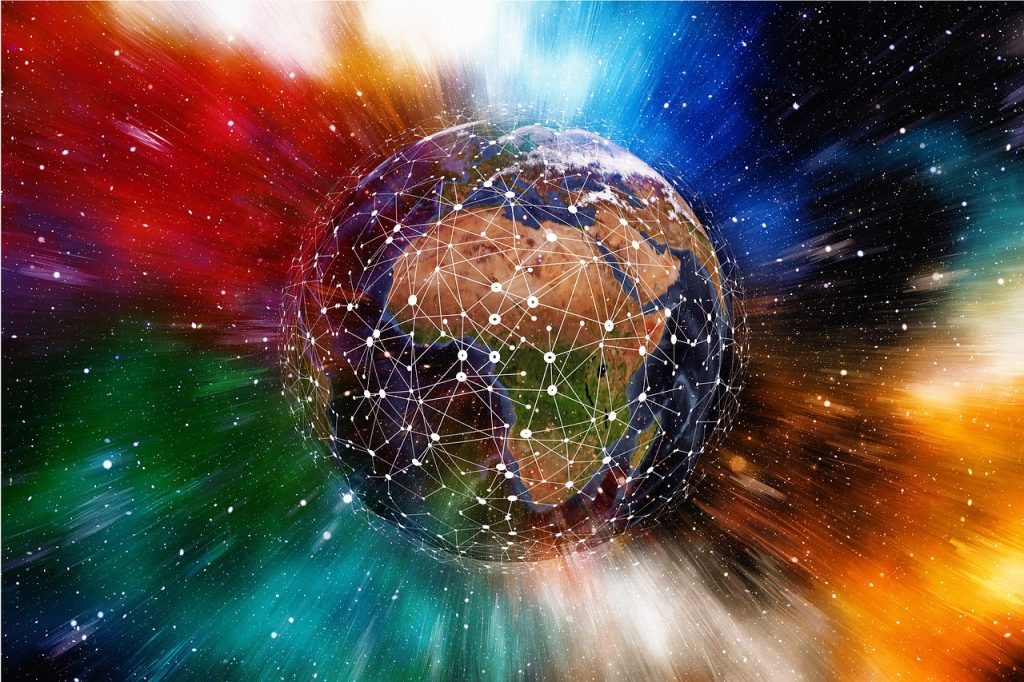
Decentralized fact-checking is a system in which information is verified and validated by a decentralized network of individuals (community) rather than a central authority or organization. This approach has the potential to revolutionize the way we evaluate the accuracy of information and combat the spread of fake news and misinformation with accountability.
Less Prone to Bias and Corruption
One of the main benefits of decentralized fact-checking or community fact-checking is that it is less prone to bias and corruption. In a centralized system, a single organization or group holds the power to determine what is true and what is not. This can lead to the suppression of certain viewpoints or the amplification of others based on the beliefs or motivations of those in charge. In a decentralized system, however, the verification of information is distributed among a large number of community members, making it less likely that any one individual or group can manipulate the outcome.
Censorship Resistance
Another advantage of a decentralized fact-checking system is that it is more resilient to censorship. In a centralized system, it is easy for a government or other powerful entity to silence dissenting voices by blocking access to websites or social media platforms. In a decentralized system, however, censoring information is much more difficult because it is distributed across many nodes in the network. This makes it harder for authorities to control the flow of information and allows for a greater degree of freedom of expression.
Faster
Community-powered decentralized fact-checking can also be more efficient than centralized systems. In a centralized system, verifying information can be time-consuming and resource-intensive. This is because all requests must go through a single organization, which can become overwhelming if there is a high volume of requests. In a decentralized system, on the other hand, the verification process can be parallelized, allowing for faster processing of information.
Challenges
There are, however, some challenges to implementing decentralized fact-checking. One concern is that it may be difficult to reach a consensus on the veracity of certain pieces of information, particularly when there are conflicting viewpoints.
Let’s explore the challenges and also how to address them:
Quality Control: Ensuring that fact-checking is performed by trustworthy and competent individuals or organizations can be difficult in a decentralized system.
Incentives: Fact-checking can be a time-consuming and thankless task, so it can be hard to motivate people to participate in a decentralized system.
Consensus: Achieving consensus on the veracity of a claim can be difficult in a decentralized system, as different fact-checkers may have different standards or come to different conclusions.
Scalability: Decentralized systems can be more complex and difficult to scale than centralized systems.
Address the Challenges
Decentralized fact-checking systems can address the above-discussed challenges by using a variety of techniques and processes such as:
Reputation Systems: To ensure quality control, fact-checkers can be assigned a reputation score based on their track record, and claims can be fact-checked by those with the highest reputations.
Token-based Incentives: To motivate people to fact-check claims, a token-based system can be used to reward fact-checkers for their contributions.
Voting Systems: To achieve consensus, a voting system can be used where the fact-checkers vote on the veracity of a claim, and the majority vote determines the final verdict.
Blockchain Technology: To improve scalability, decentralized systems can use blockchain technology to create a distributed ledger that allows multiple fact-checkers to work on the same claim simultaneously.
These are just some examples, and it is likely that new solutions will continue to be developed to address the challenges of decentralized fact-checking systems.
Decentralized fact-checking has the potential to be a powerful tool in the fight against fake news and misinformation. By distributing the verification process among a large number of individuals, it can help to reduce bias and censorship and make the process of evaluating the accuracy of information more efficient. While there are challenges to be addressed, decentralized fact-checking offers a promising approach to improving the quality of information available to the public.